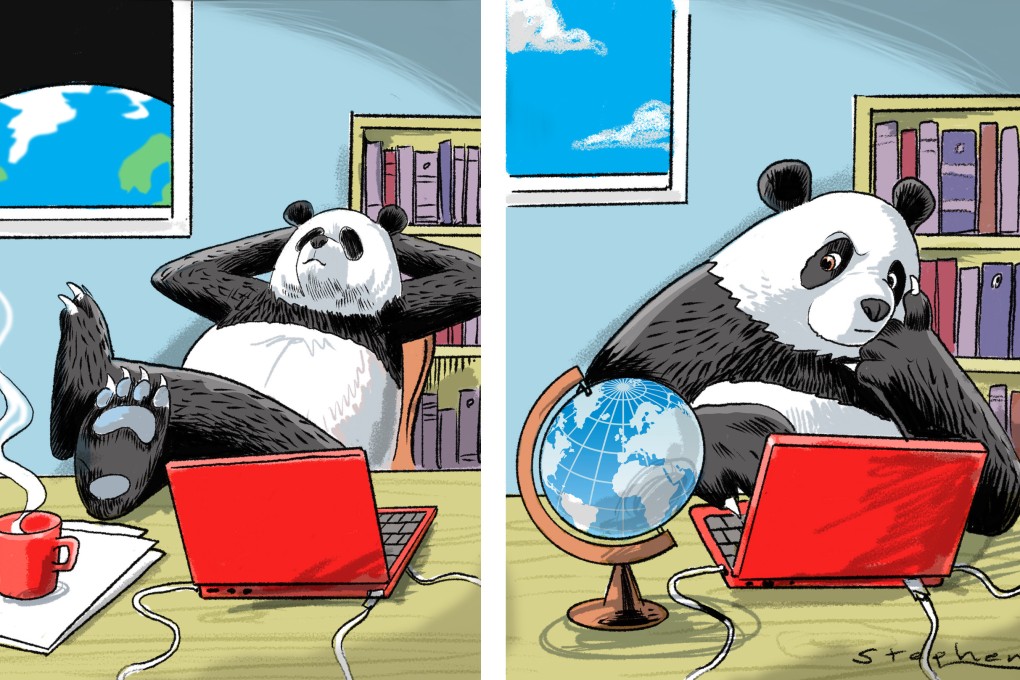Opinion | China’s foreign policy: from passive engagement to proactive pragmatism?
- The rhetoric Wang Yi used during his press conference suggests an evolution in China’s approach to foreign affairs
- As countries navigate an increasingly tense world, the challenge for Beijing lies in showing it can offer advantages equal to those provided by the US

The opening question, from state-owned television broadcaster CCTV, gave Wang the chance to list “China’s most impressive diplomatic achievements” from 2023. Instead, he spent almost half of his answer articulating China’s diplomatic strategy for 2024.
He emphasised China’s plan to “be more confident and self-reliant in cultivating the features of China’s diplomacy”, which include “acting with a strong sense of historical responsibility and a vibrant spirit of innovation”; being “open and inclusive”; consolidating and expanding global partnerships; showing great moral responsibility; and being “more unequivocal”.
This articulation suggests an evolution in China’s foreign policy approach, reflecting a proactive stance similar to traditional US engagement but also raising questions about what major power diplomacy should look like in a multipolar world.
China’s tendency towards pragmatism in diplomacy has occurred in parallel with shifts in US foreign policy. China’s diplomacy is based on economic cooperation and development initiatives with various parts of the world, including most countries in the Global South.

